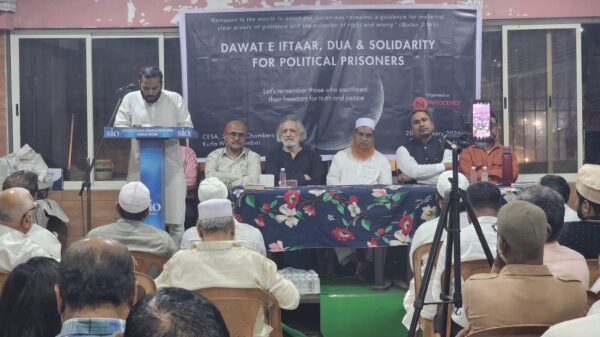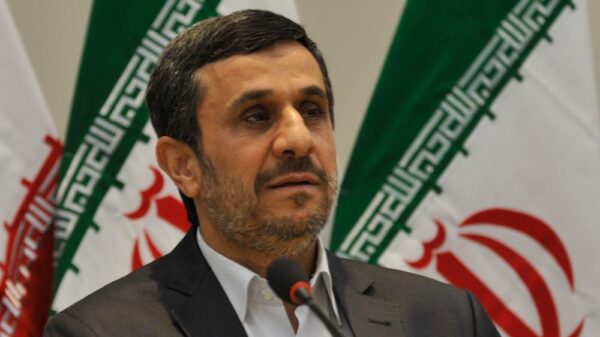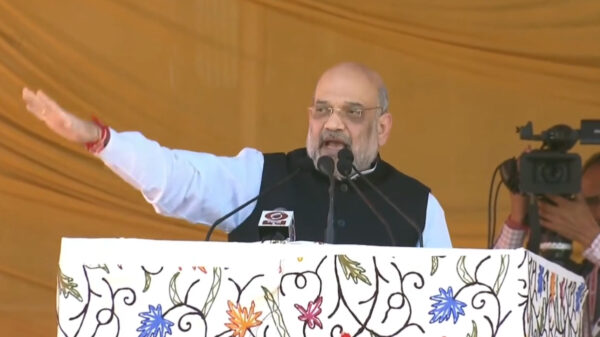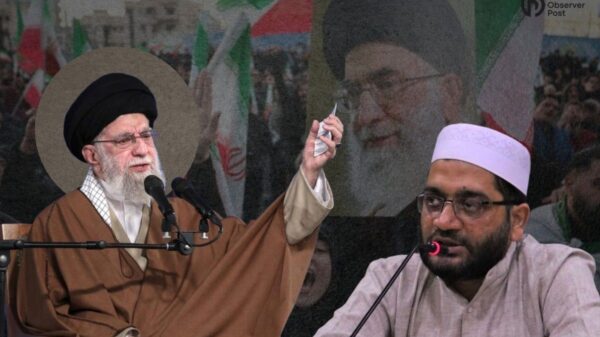The introduction of the Waqf (Amendment) Bill 2024 in the Lok Sabha has sparked strong opposition from Muslim organizations across India. The All India Muslim Personal Law Board (AIMPLB) has voiced its objection to the bill, with prominent leaders warning of legal action and a nationwide movement if the bill is passed.
AIMPLB spokesperson Dr. Syed Qasim Rasool Ilyas condemned the bill, describing it as discriminatory and communally motivated. He stated, “If this bill is passed in Parliament, we will start a nationwide movement against it. We won’t sit quietly. We will make use of all legal and constitutional provisions available to us. We will run a peaceful agitation until the proposed amendments are taken back.” Ilyas further said that the bill undermines the management and autonomy of Waqf properties, which are meant to benefit the Muslim community, and alleged that it fails to address the concerns of Muslims.
Maulana Mohammed Fazlur Rahim Mujaddidi, General Secretary of the AIMPLB, also raised objections to the bill, calling the amendments approved by the Joint Parliamentary Committee (JPC) a “hoax and a fraud.” He stated, “With the amendments approved by the JPC, the matter has become more complicated. JPC mahaz ek fareb hai aur ek dhokha hai (JPC is just a hoax and a fraud).”
In response to the opposition, Union Minister Kiren Rijiju defended the bill, stating that it was in the interest of the country. Rijiju described the opposition as politically motivated, claiming, “Today is a historic day, and today the Waqf Amendment Bill will be introduced in the Lok Sabha, and this bill is being introduced in the interest of the country. Not only crores of Muslims but the whole country will support it.” He further urged opponents to provide logical reasons for their opposition, promising that the government would address any concerns raised.
Rijiju added, “When we are bringing such a bill, we have come after a lot of thought and preparation…”
The controversy surrounding the bill stems from concerns that it could limit the management autonomy of Waqf properties, which are intended to benefit the Muslim community. Critics argue that the bill is an attack on the rights of Muslims, with a particular focus on the bill’s potential to alter how Waqf properties are managed and who controls them.


































































